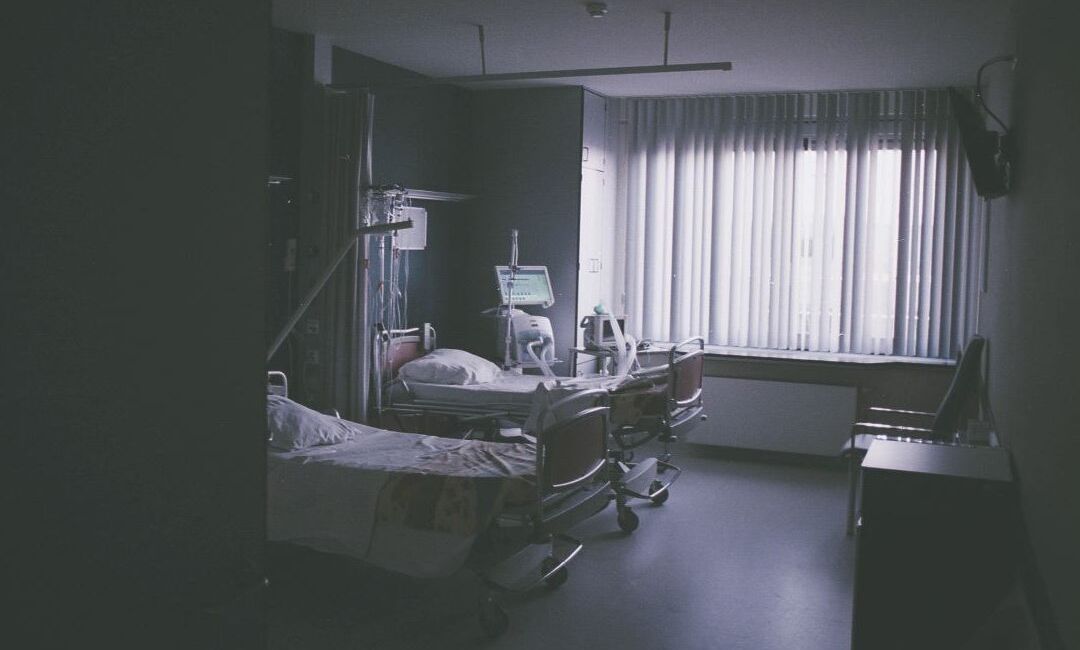We’d all prefer that healthcare was one issue that didn’t require economic calculation, but wishful thinking won’t insulate us from the need to have serious discussions about how to balance access, cost, and quality.
Inequality, healthcare, and COVID-19

There’s nothing quite like a crisis to expose the pain points of a system, and there is no question that the American healthcare system has plenty of weaknesses.
It is expensive, lacks portability and transparency, is tied to employment, and operates under a bureaucratic hodgepodge of rules and regulations. COVID-19 is demonstrating that a complicated and costly healthcare system can be a deadly obstacle during a medical emergency.
The consequences of inequality
According to a 2019 Gallup report, “77% of Americans fear rising healthcare costs will damage the U.S. economy, and 45% fear a major health event will lead to bankruptcy.” If people fear bankruptcy in seeking medical care, they may be greatly disincentivized to seek testing and treatment, even in the face of a rapidly spreading disease.
This pandemic draws attention to inequality in new ways. Upper- and middle-class Americans can often work from home or retreat to less densely populated areas. For many Americans with lower income or less economic stability, social distance is a luxury they cannot afford. Job loss and stay-at-home orders are expensive for all of us, but for those who struggle under the best of circumstances, it may be impossible to recover from these costs. The New York Times outlines this “pandemic-inequality feedback loop”:
In societies where the virus hits, it is deepening the consequences of inequality, pushing many of the burdens onto the losers of today’s polarized economies and labor markets. Research suggests that those in lower economic strata are likelier to catch the disease. They are also likelier to die from it. And, even for those who remain healthy, they are likelier to suffer loss of income or health care as a result of quarantines and other measures, potentially on a sweeping scale. At the same time, inequality itself may be acting as a multiplier on the coronavirus’s spread and deadliness.
Fixing the system
If we want a society where all can live, work, and flourish, fixing our healthcare system to better address these inequities seems vital. But how do we fix it?
Some argue we should centralize healthcare and that giving government full control of public health allows a more coordinated response to a crisis. The hope is that it will provide more equitable care for vulnerable populations. Others claim that efficiency, speed, and innovative responses to problems are found in only the private sector.
The questions surrounding healthcare are complicated. COVID-19 hasn’t changed that. The crisis shines a glaring spotlight on some of these problems, and it gives us an opportunity to think in new ways about what works and what doesn’t.
As with everything else, scarcity means we have to make trade-offs, a concept that Dr. Bobbi Herzberg covers in detail in our recent episode of Ideas at Work. We’d all prefer that healthcare was one issue that didn’t require economic calculation, but wishful thinking won’t insulate us from the need to have serious discussions about how to balance access, cost, and quality.